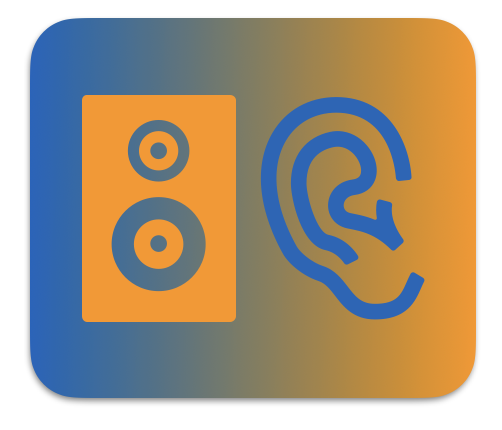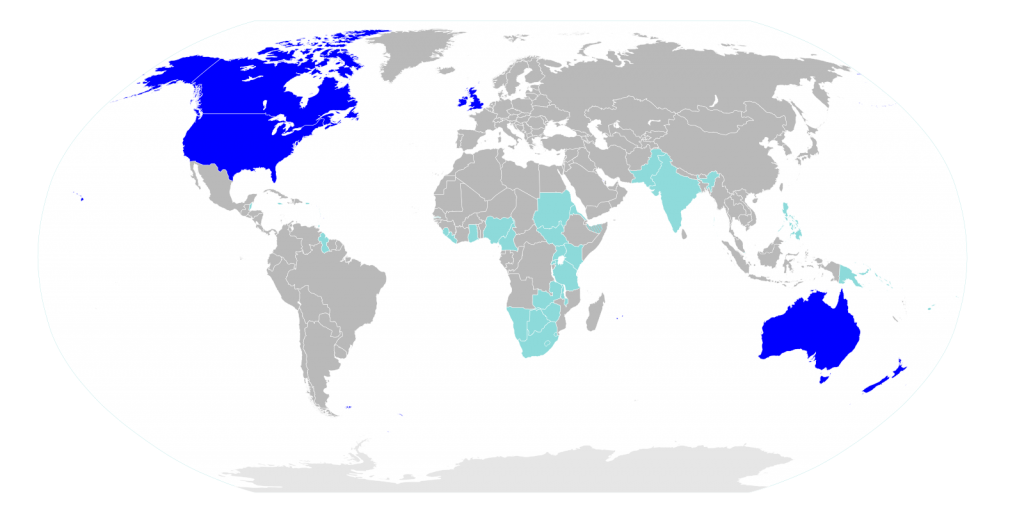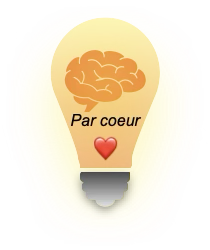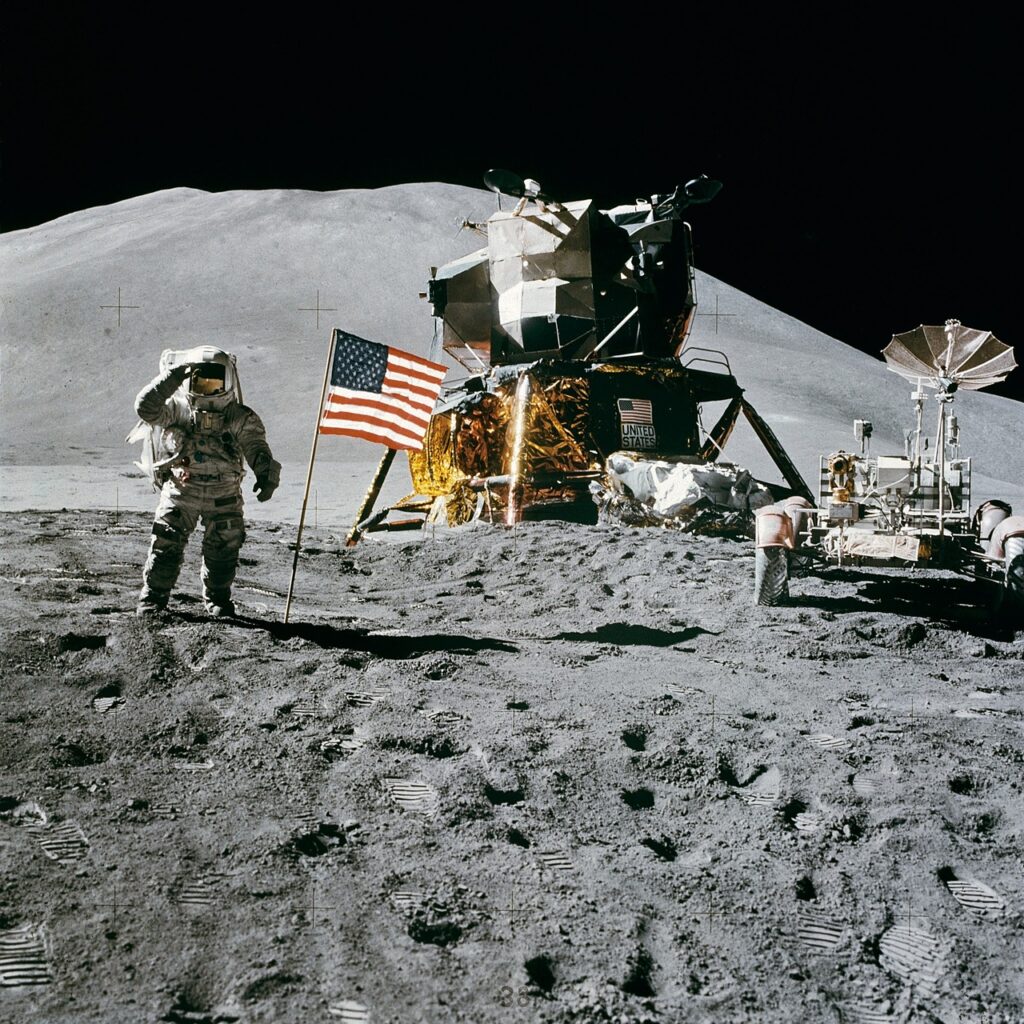Section euro : Why English is so important in sciences ?
INTRODUCTION :

To better know you I need you to fill this application form below :
So, now what can you say about this picture ?

What do you think they do ?
Let’s check the answer later on…
I- English: a universal language?
A- English in the world
- Why did you choose the european section in biology/geology?
- Are you planning to go to university abroad in a few years’ time? To increase your chances, take the European section bac!
Created in 1992, the European and Oriental language sections (SELO) are aimed at pupils who are very keen to learn foreign languages. In the first four years of secondary school, pupils in these sections benefit from 2 additional hours of language lessons. In the fifth and sixth years, a non-linguistic subject (DNL) (history and geography or biology for example) is taught in the foreign language of the section.
- Where do we speak english ?

Audio : A- English in the world

B- What is the link between english and sciences?
As you are a scientist, you have to write article in english… But it’s harder for non native, of course… What the american society of Biology advise? Read the text below and try to extract the main ideas of it.


Vocabulary :
de facto = de fait (locution latine)
native : [language] ▶ maternel = mother tongue ≠ non-native
reviewers :▶ critique
To foster : “encourage” : [+ friendship, development] ▶ favoriser, ▶ encourager
“entertain” : [+ idea, thought] ▶ entretenir, ▶ nourrir
to alleviate : ▶ adoucir, soulager
harshly : ▶ sévèrement
fellow : ▶compagnon
To endeavour : ▶s’efforcer, s’évertuer
C- Is English a mania?
Can you answer to this question by listening to Jay Walker? Before watching the TED talk below, try to find the first picture you had in introduction, and see if your answers are correct. you have the transcription of this TED talk just in the document « universal-language »
Jay Walker explains why two billion people around the world are trying to learn English. He shares photos and spine-tingling audio of Chinese students rehearsing English — « the world’s second language » — by the thousands.
In science, we solve problems, but to be understood by every one, we have to publish our article in english…

Vocabulary :
Spine-tingling : ▶ à vous glacer le sang
To rehearse: ▶ répéter
pandemonium : ▶ Tohu bohu, Chahut
rapture : ▶ enchantement
weeping : ▶ larmes, pleurs
grueling : ▶ éreintant
disease : ▶ maladie
wide : ▶ large, de grande envergure
harnessing : ▶ exploitation


